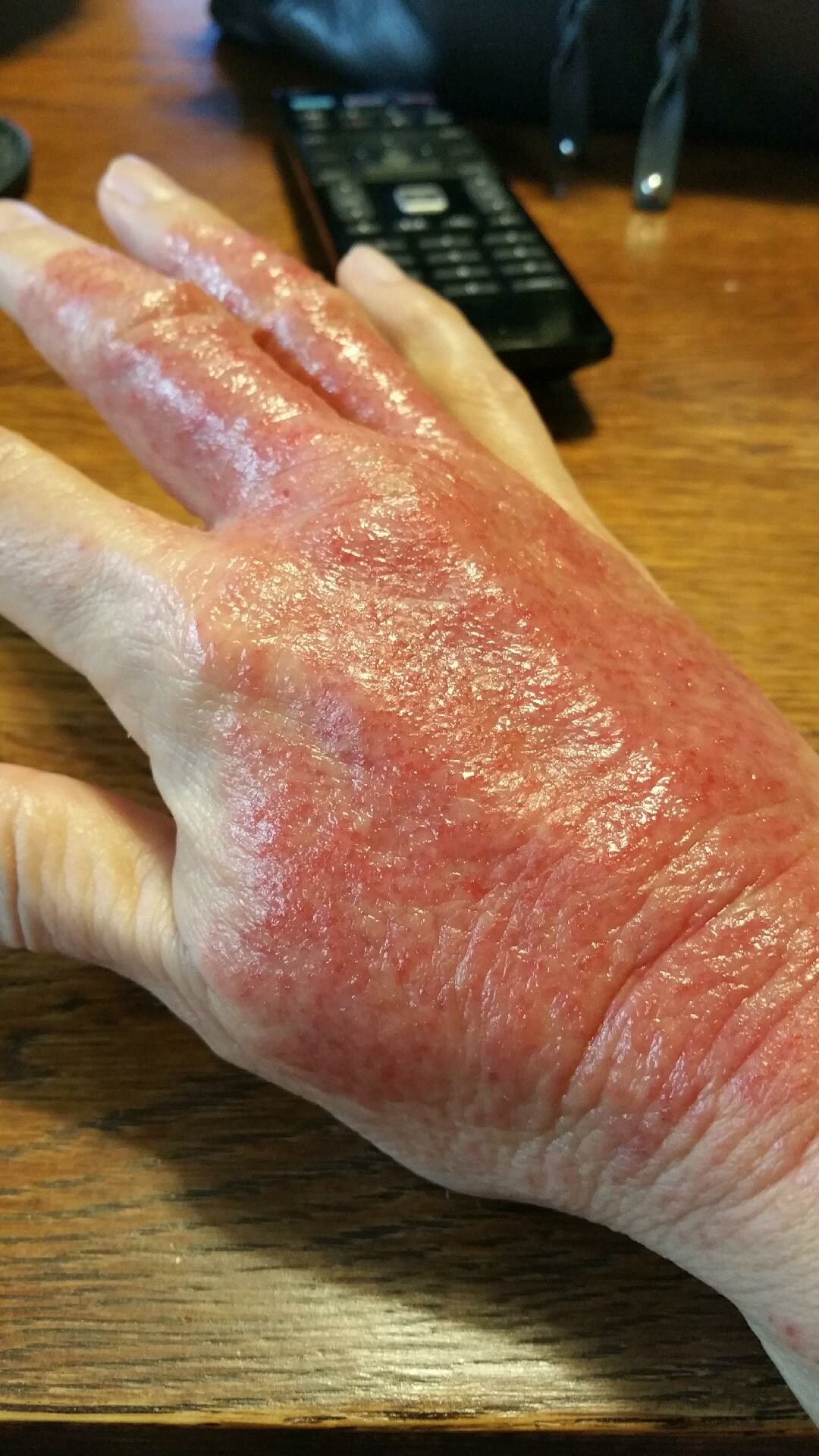
If you have ever experienced seasonal allergies, most likely you have used an “antihistamine” …. Benadryl or Allegra …. to help with those itchy eyes, sneezes, drippy, nose and congestion. They work because they stop the “histamine response” your body is making to something it doesn’t like and views as an enemy.
A “histamine response” travels throughout the bloodstream and, so, can affect your lungs, skin, brain, gut and cardiovascular system. Have you noticed, however, how more and more people are having increased reactions to foods?
One reason for increased food sensitivities is the increase of small intestinal bacteria overgrowth (SIBO) and irritable bowel syndrome (IBS). When the gut bacteria are out-of-whack then histamines are not broken down or blocked and will build up providing the conditions for a “histamine response”.
What are some common symptoms?
A “histamine response” travels throughout the bloodstream and, so, can affect your lungs, skin, brain, gut and cardiovascular system. Have you noticed, however, how more and more people are having increased reactions to foods?
One reason for increased food sensitivities is the increase of small intestinal bacteria overgrowth (SIBO) and irritable bowel syndrome (IBS). When the gut bacteria are out-of-whack then histamines are not broken down or blocked and will build up providing the conditions for a “histamine response”.
What are some common symptoms?
- Headaches/Migraines
- Anxiety
- Nausea
- Vomiting
- Abdominal Cramps (especially after eating)
- Flushing
- Fatigue
- Nasal Congestion
- Dizziness
One way to manage this overgrowth is by following a low FODMAP diet. This diet removes foods that "feed" the bacteria .... sugar, alcohol and certain carbohydrates .... are removed. The goal here is to stunt the bacterial growth.
Remember, not all bacteria is created equal. There are good AND bad bacteria and this bacteria is in the wrong place and could even be the wrong kind.
Diamine Oxidase Enzyme (DAO)
Diamine Oxidase Enzyme is an enzyme that breaks down histamine. When a deficiency occurs then histamine starts to build up in the body and can, therefore, impact other body organs. What causes deficiencies?
- Genetics
- Medications
- Hormonal Imbalances
- GI Disorders
- IBS
- SIBO
- Crohn's
- Ulcerative Colitis
- Celiac
- Nutrient Deficiencies
- Vitamin B6
- Vitamin C
- Zinc
- Copper
- High-Histamine Foods
- Alcohol
If you discover your increase with food sensitivities is connected to "histamine responses", here are some natural ways to lower your body's histamines:
- Follow a low-histamine diet - this is #1 and includes removing high-histamine foods including fermented foods. The histamine level in a fermented food may not be the same as in the raw form. See some examples here.
- Sauerkraut
- Aged Meats
- Cheese including Yogurt/Cottage Cheese
- Kefir
- Vinegar
- Alcohol
- Fish
- Eggplant
- Tomatoes
- Spinach (no more green smoothies every day)
- Strawberries
- Citrus Fruit
- Have a balanced fat intake
- Increase Omega 9's (oleic acid) - Olive oil can increase by 500%
- Increase Omega 3's - fatty fish
- Decrease Omega 6's - fatty red meat, dairy, hard cheeses, eggs
- Include Ghee and Cold Pressed Organic Coconut Oil
- Healthy Proteins - grass-fed organic and fresh seafood
- Minimize Harmful Ingredients - artificial colorings/flavorings and herbicides/pesticides and other toxins
- Support Gut Health - not all probiotic bacterial strains are beneficial for reducing histamines. See what to look for in a low-histamine probiotic here.
- Increase Zinc, Copper, Vitamin B6 and Vitamin C supplementation
Did you enjoy this tip? Learn what else affects our digestion. Check it out here.
Join my online community HERE and learn more about how to enjoy life despite stressors.
Join my online community HERE and learn more about how to enjoy life despite stressors.







